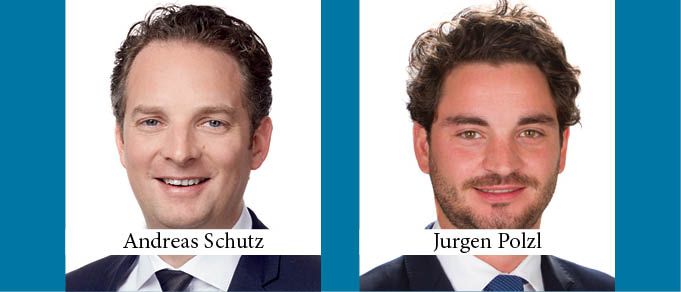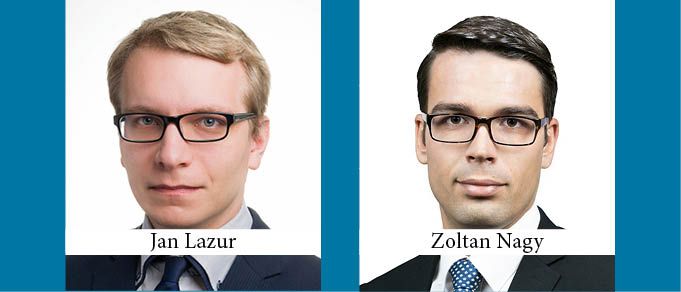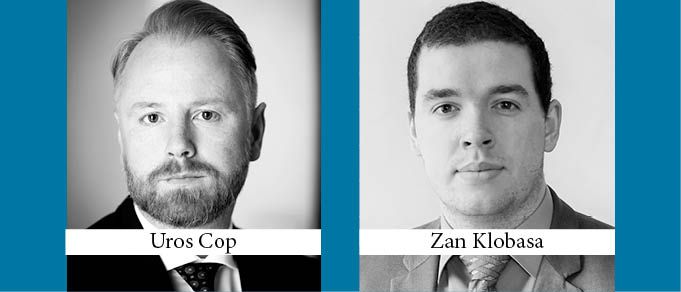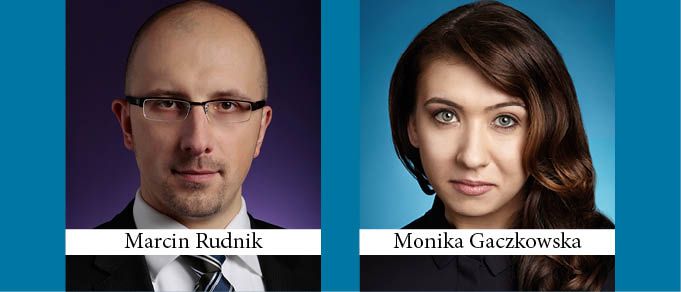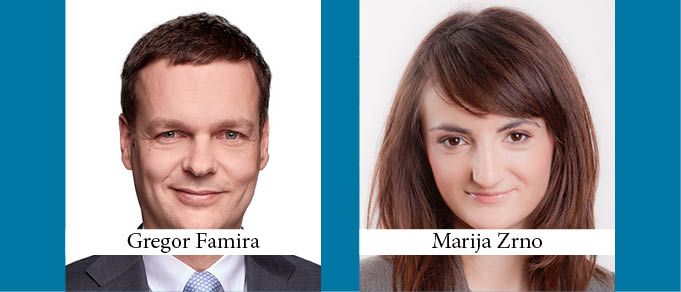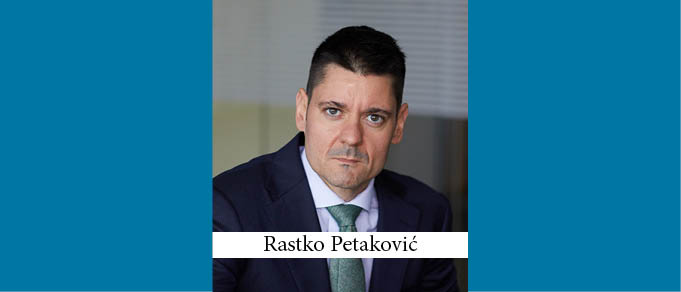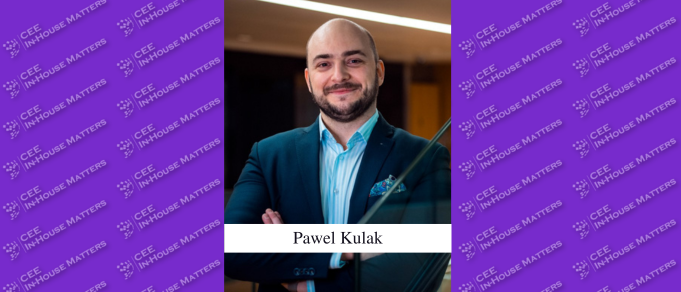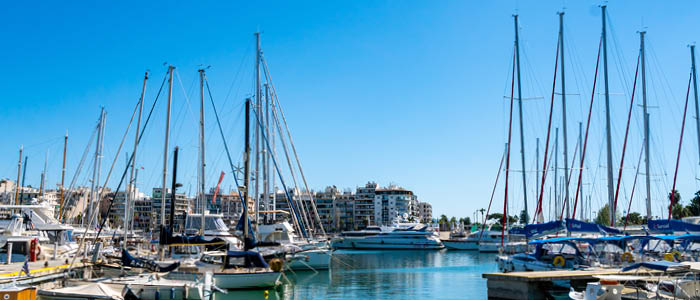On October 29, 2018, leading Austrian law firms Dorda, Eisenberger & Herzog, Herbst Kinsky, PHH, Schoenherr, SCWP Schindhelm, and Wolf Theiss announced their joint launch of the “Legal Tech Hub Vienna”: a non-profit forum for LegalTech companies, start-ups, and other legal market participants to identify innovation potential and work together to implement technological tools appearing ever-more-rapidly on the legal market.
The Decision of the Court
Czech and Slovak lawyers turn to what’s really important: Basketball
The Corner Office: Mentors
In The Corner Office we ask Managing Partners across Central and Eastern Europe about their unique roles and responsibilities. The question this time around: Who was your mentor, and what was the most important lesson you learned from him or her?
Scaling the Summit: The 4th Annual CEE GC Summit
Scaling the Summit: On the 7th of June, less than eight hours after saying final good-byes to the private practitioners attending the Deal of the Year Awards Banquet, CEE Legal Matters greeted the hundred plus in-house counsel attending the fourth annual regional General Counsel Summit, located this year at the Congress Center of Prague’s Czech National Bank.
Dealer’s Choice Conference
Representatives of more than sixty law firms from across Central and Eastern Europe and from as far away as the United States, United Kingdom, and China came together in Prague on June 6, 2018, for the first ever Dealer’s Choice international law firm conference and CEE Deal of the Year Awards Banquet.
Deal of the Year Awards Banquet
After a valuable and information-rich day of panel discussions on important business development and law firm management topics, participants reconvened that evening (and were joined by several dozen newcomers) at the first ever CEE Legal Matters Annual Banquet and Deal of the Year Awards Ceremony – a celebration of CEE’s legal markets and the lawyers who work within them. Awards were presented for 17 qualifying markets in CEE – plus a surprise award for overall CEE Deal of the Year – with many of the lawyers playing key roles in nominated deals joining the celebration.
Take the Stage: Legal Tech Fallacies and the Structural Transformation of the Legal Profession
It was in early 2009, within a London Business School program, when I was first faced with a clearly articulated and empirically supported argument about the advent of legal technology and the structural transformations in the legal services market that were likely to ensue.
Guest Editorial: CEE Region in Perspective
The CEE Legal Matters Deal of the Year awards ceremony in Prague on June 6 brought together experts and law practitioners from the region and provided an opportunity to look back at the year while awarding the participants for work on some of the most complex and unique transactions in 2017. The projects represented a variety of different types of transactions, including capital markets, M&A, financing, real estate, and restructuring. The transactions were also some of the biggest and first-of-their-kind transactions in Europe in 2017 and, as such, are reflective of how the CEE region has transformed over the past years and what the future is likely to bring for those countries.
Editorial: Tiring Times, and Terrific
I write this flying high above the United States, shortly after the conclusion of what may well have been the most frantic and stressful week in the almost five-year history of CEE Legal Matters.
The Transforming Legal Market: A Scarcity of Skilled Slovak Associates
Against the backdrop of concerns that changes in technology may cost law firms jobs come reports that law firms in Slovakia are having trouble finding the skilled law school graduates to fill their associate ranks. Whether because of a decrease in the perceived attractiveness of a career in a law firm, a prolonged mandatory traineeship period, or some other reason, many see a serious problem developing.
Marketing Law Firm Marketing: The Supportive Partner
To a large extent, the ability of law firm marketing and business development experts to successfully promote the firms they work within depends on the support they get from their firms’ partners. So we asked them: What partner at your firm would you single out for her/his recognition of the value of what you do and ability to get you what you need efficiently and quickly?
Austria’s Struggle with the GDPR
With its National Data Protection Amendment Act 2018 (“DSG 2018”) enacted well before the May 25th 2018 deadline, Austria is considered to be one of the EU leaders regarding the implementation of the GDPR. To be precise, the DSG 2018 was implemented in May, 2017, shortly before Austria’s national elections took place. The consequence of Austria’s attempt to play a pioneering role is that the DSG 2018 was rushed, and thus, at least in some parts, extremely difficult to read – and it fails to take advantage of the majority of the permitted GDPR derogations.
A Brand New Alternative Dispute Resolution Mechanism for Resolving Domain Name (.sk) Disputes in Slovakia
For a number of years, Slovakian courts struggled with domain name disputes. Because there was neither statutory legislation concerning the rights to domain names nor consistent case-law allowing for the formulation of principles for resolving disputes that arose involving them, different courts took different approaches regarding how to decide domain name cases. This made legal certainty and predictability extremely difficult for stakeholders in the country.
Customer Due Diligence for Cryptocurrency Companies: Data Protection and Anti-Money Laundering Law in Slovenia Prohibit the “Standard Approach”
With the tremendous increase in the price of cryptocurrencies in 2017 the world has witnessed an explosion of cryptocurrency-related enterprises, with initial coin offerings at the forefront. Several European countries have aligned their legislation to become appealing for such enterprises and Slovenia has been mentioned on several occasions as one of the most “crypto-friendly” countries. However, as Slovenian legislation offers a very high level of protection to personal data regarding identity documents, crypto business ventures within the Slovenian jurisdiction may be at a disadvantage against foreign competitors.
Upcoming Changes to the Polish Industrial Property Law
More than two years ago a new system for examining trademark applications was introduced in Poland. The purpose of the so-called “opposition system” was to adapt Polish regulations to EU and international regulations and the jurisprudence of the EU Court of Justice.
Additional Regulation of Data Protection – The Croatian Outlook
Starting May 25, 2018 the General Data Protection Regulation will come into effect. Although it will apply directly in all EU Member States, Member States have the option to add additional regulations to certain specific situations. This article sets out a brief overview of the key provisions of the draft of the relevant Croatian law, which is in procedure before the Croatian Parliament at the moment of writing of this article.
Guest Editorial: A Change in the Legal Narrative – Past Fears and New Opportunities
Until a few years ago, the narrative within legal practices, as in most service industries, focused mainly on austerity, small growth numbers, and the crises. Most legal practitioners feared an uncertain future and all the risks it held, including evolving client expectations, financial pressure, and the long-term impact of the global economic crisis.
Guest Editorial: Vanity Fair
In the summer of 2000 I was working for the University of Vienna, spending my time on academic research and fighting with topics like the (lack of) enforcement of judicial awards in Austria and Hungary. My one-day seminar at the University of Economics (FOWI) brought me several interesting contacts, including some young lawyers from the classy law firm CHS, that resulted in an offer to develop a new partner firm for CHS in Budapest.












